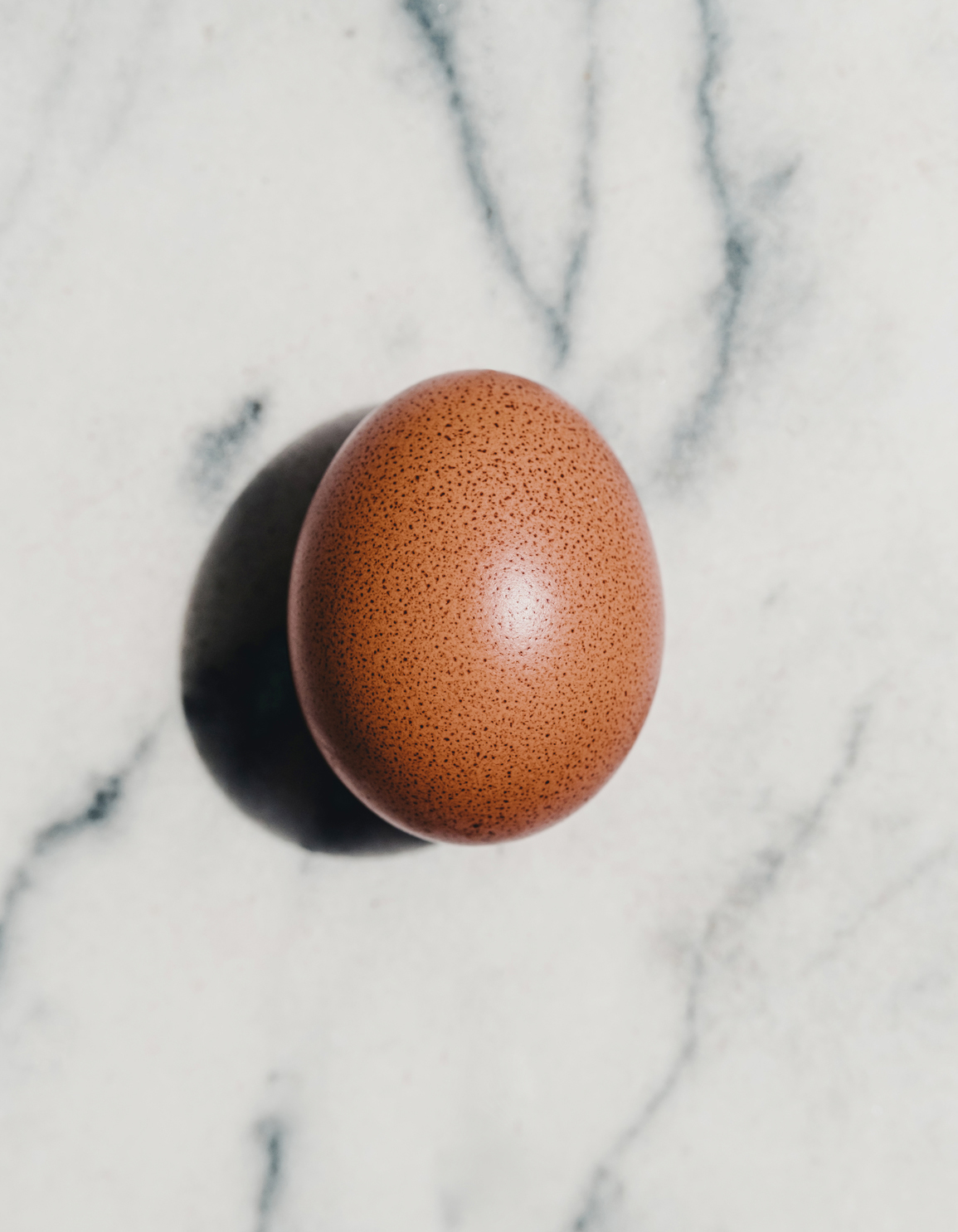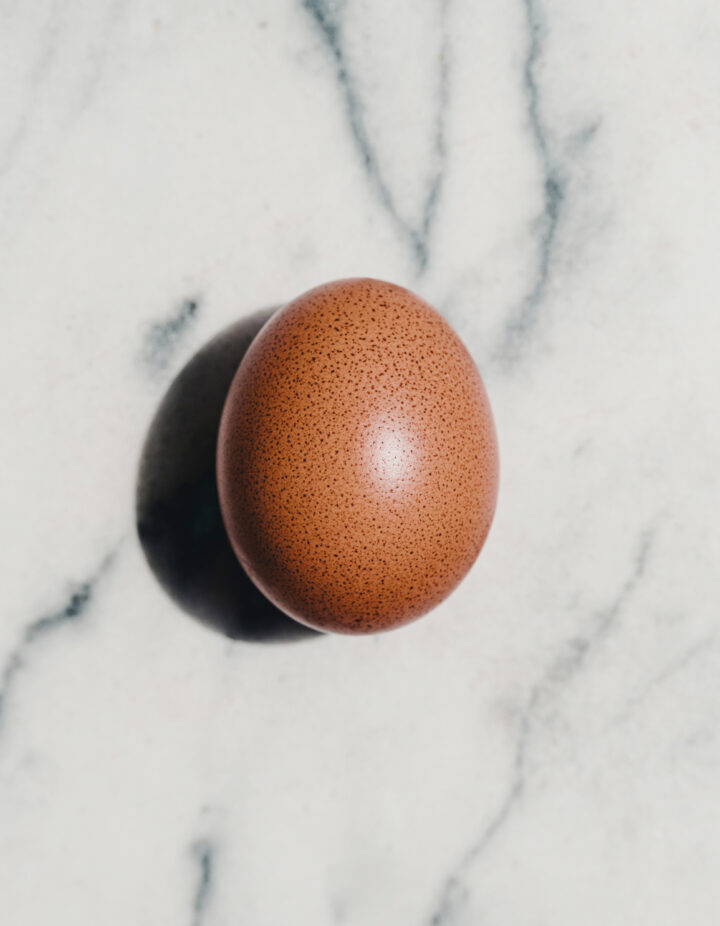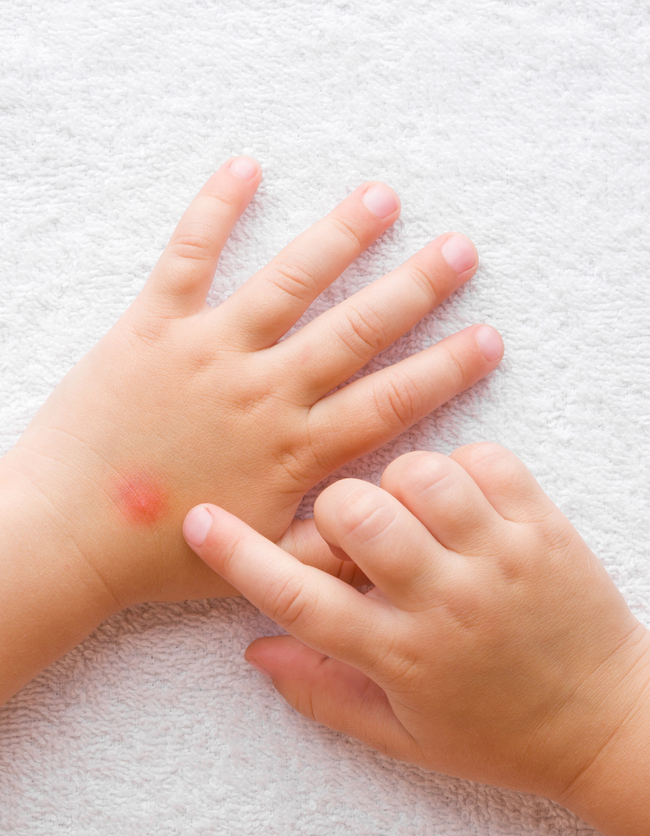Navigating the complex world of egg donation can be overwhelming, with many questions, concerns, and information to process. And it’s not necessarily the coziest topic to chat about. That’s why we have teamed up with Cofertility, a leading authority in the ever-changing fertility space, to give you all the 411 on egg donation.
Founded on empowerment, education, and empathy principles, Cofertility aims to democratize fertility information and support individuals and couples on their fertility journey. Their holistic approach, coupled with their innovative egg-sharing model, allows for a more inclusive, compassionate, and ethically balanced egg donation method, fostering a healthier environment for donors and recipients.
Here, we asked Lauren Makler, CEO and co-founder of Cofertility.com, about the what, why, and how of egg donation.
Let’s start simple. What is egg donation, and how does it work?
Egg donation is when a woman donates eggs to someone who can’t otherwise conceive. With egg donation, a donor’s eggs are retrieved and given to the intended parents, who can then fertilize them for their use. The donor’s ovaries are stimulated to create mature follicles during the egg retrieval process. Once the eggs reach peak maturity, they’re extracted from the ovaries and fertilized with sperm to create embryos.
What are the most common reasons for seeking donor eggs?
Egg donation can benefit many individuals and families who cannot otherwise conceive – like people who struggle with infertility, gay men, women with age-related diminished ovarian reserve, cancer survivors, and more. The CDC estimates a fifth of women encounter infertility every year, and there is a growing number of LGBTQ+ couples building their families through egg donation. Egg donation is a true gift to these individuals and families.
With Cofertility’s approach, which allows women to freeze their eggs for free when they donate half of the eggs retrieved to a family who can’t otherwise conceive, egg donation can also benefit the donor. Not only is there the satisfaction of helping someone else grow their family, which can be incredibly powerful, it is also a jumpstart on their own future reproductive planning.
What are the criteria for becoming an egg donor?
There are official disqualifications based on regulations by the FDA and discretionary disqualifications based on recommendations by governing bodies like the American Society for Reproductive Medicine (ASRM). Among other factors, egg donors must have both ovaries, be between the ages of 21 and 34, be physically and emotionally healthy with no genetic or reproductive disorders/abnormalities, be a non-smoker, and abstain from drugs. Other disqualifying factors can result from your or your biological family’s medical history, and you can find more information and a more thorough list on our website.
Are there any potential risks associated with the egg donation process?
Overall, egg donation is considered a low-risk procedure. There are also a number of steps along the way designed to ensure the donor’s health and safety. A 2017 study found that overall complication rates were just 0.4%. Serious side effects and complications, including ovarian torsion, intraperitoneal hemorrhage, severe Ovarian Hyperstimulation Syndrome (OHSS), and infection, are rare. For the most part, a donor may experience minor side effects – like bloating, constipation, and nausea – from the medications and egg retrieval.
What is the legal and ethical framework surrounding egg donation in different countries?
There are a lot of stigmas around egg donation in the United States, which we believe is rooted mainly in the cash compensation model. Intended parents often must scroll through spreadsheet lists of donors or work through services that over-emphasize classist attributes and looks with little opportunity to understand the donors’ values, backgrounds, and personalities – things intended parents want to know and that donors care about sharing too. It’s for this reason that the industry has faced backlash for being unethical and even predatory. Egg donation can feel transactional, impersonal and, for lack of a better word, “icky” for everyone involved. But it doesn’t have to be that way.
At Cofertility, we take a firm stance against the historical, predatory practices that involve cash compensation and failing to provide fertility education for the donor’s own reproductive future. In the egg-sharing model, which is what our Split program offers, there is a focus on shared outcomes rather than financial gain. Our members receive education and have choices throughout the process.
In terms of the legal framework, this varies widely across the United States and globally. A Third-Party Reproduction Lawyer, or Fertility Lawyer, who specializes in the legal aspects of fertility treatments that involve the use of donor sperm, eggs, or embryos, helps donors and intended parents navigate the complex issues that can arise and guides on the legal rights and responsibilities of all parties involved. Currently, in the US, no uniform standards exist about proper donor recruitment, care, and disclosure methods, so laws can vary from state to state. Donors cannot be paid in other countries, like the UK, Canada, and China. In Mexico and Spain, donations must be anonymous, unlike in Ireland and the UK, where they must be disclosed. In other countries, donor eggs are not allowed at all by law.
How does the egg retrieval process occur, and what can a donor expect during this procedure?
In a typical menstrual cycle, you’ll have one mature follicle that releases an egg for ovulation. The egg-freezing process tricks your ovaries into sending a whole crop of mature eggs into the world in one go. During the procedure, medications are used to stimulate eggs to grow. Those eggs are then retrieved from the ovaries and combined with sperm to create an embryo to be used for fertility treatments. It’s a 10-14 day process where you’re closely monitored by your doctor throughout. We have a lot of more resources on our website, cofertility.com/freeze, to walk you through what to expect. Cofertility also offers members access to a community of women going through the process at the same time in addition to the specific instructions and support they’ll get from their clinic!
What are the potential emotional and psychological considerations for egg donors before and after the donation?
Helping bring a new human into this world is a huge deal, and we think potential donors should thoughtfully consider the opportunity and its implications before making a decision.
Emotional side effects can vary from person to person and depend on their expectations and understanding of the experience. Many women find the experience rewarding and fulfilling, knowing that they have helped someone else start or expand their family. However, some women may experience more complicated feelings about it. This is why donors undergo psychological screenings and why we strongly believe it’s essential to have a support system in place for the process. For our members, we offer a cohort of other women going through the experience at the same time, too.
We know egg donation isn’t for everyone, and that’s okay – it’s essential to think it through fully and ensure you’re all in before moving forward. That’s why we also have our Keep program, for those still interested in freezing their eggs to do so more affordably.
Can an egg donor have any future involvement or contact with the child born from their donated eggs?
It’s critically essential for donors to think about the relationship they want with the intended parents and any children born from their eggs, and options range on a broad spectrum. While the fertility industry has historically relied on secrecy and anonymity, more research shows the benefits of intended parents being open with children about their donor-conceived roots. Our stance is that in a world of ubiquitous genetic testing, no donation can be guaranteed to be anonymous. This is something that we make our Split members aware of and is part of why we encourage our intended parents to be open with their children about their conception story. We work with everyone involved to build a relationship that feels right for them and encourage both donors and intended parents to consider the donor-conceived person’s best interest, too.
We offer two options for a relationship: undisclosed and disclosed. In an undisclosed relationship, donors and intended parents do not exchange contact information and only communicate through Cofertility or your egg donation service. That communication can include things like sharing a photo of the baby when s/he is born, communicating meaningful updates such as first words, or as simple as just asking about medical questions if they arise. In a disclosed relationship, donors and intended parents exchange contact information and can communicate directly. The scope and degree of communication are what both parties make of it. Families may share an annual holiday card with their donor, communicate around milestone events, from first steps to graduations, or even facilitate direct communication between the donor and any donor-conceived children. On the other end of the spectrum, you may also decide to keep direct communication to a minimum but keep the lines open if a need or issue arises.
Are there any long-term health implications for egg donors?
The hormones used to stimulate the ovaries to produce multiple eggs for freezing are similar to those used in fertility treatments and are generally considered safe. There is currently no scientific evidence to suggest that egg freezing or donation increases the risk of cancer, including invasive ovarian and breast cancers. There is also no evidence to show that freezing or donating eggs will impact an individual’s future fertility.
If a donor has concerns about the potential risks of egg freezing, it’s important to discuss these with a fertility doctor who can provide personalized advice based on individual health history and circumstances.
How does the compensation process work for egg donors, and what factors determine the amount they receive?
With the cash compensation model, on average, women are compensated around $10,000 and up for their donations. The amount can vary based on a variety of factors, including age, physical appearance, ethnic background, location, and more, but also things like their education and profession. Repeat donors can also receive higher compensation, though it means a donor’s children could someday have more genetic half-siblings.
It’s a largely unregulated market and has led to some sketchy practices. ASRM has said that egg donor compensation can open the door for exploitation, and that’s why we are proud of our egg-sharing model that brings more ethics and transparency to the industry. If intended parents are looking for an egg donor, it can already feel like the odds are stacked against them. The last thing they need is to feel like they are “shopping” for a human who plays a critical role in their family-building journey. By allowing donors to freeze their eggs as part of the process, our unique model honors everyone involved.
You can learn more about egg donation and Cofertility by heading to Cofertility.com.




